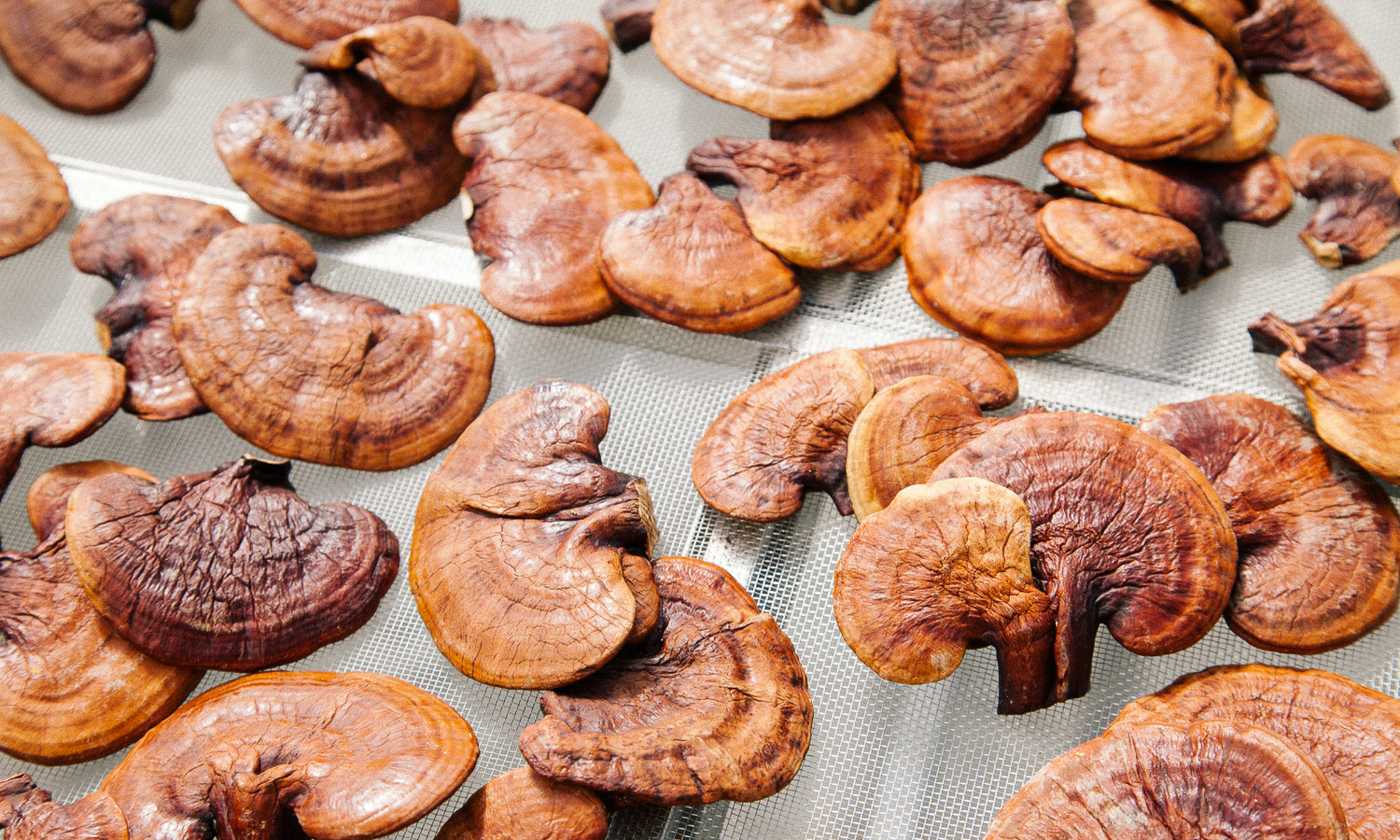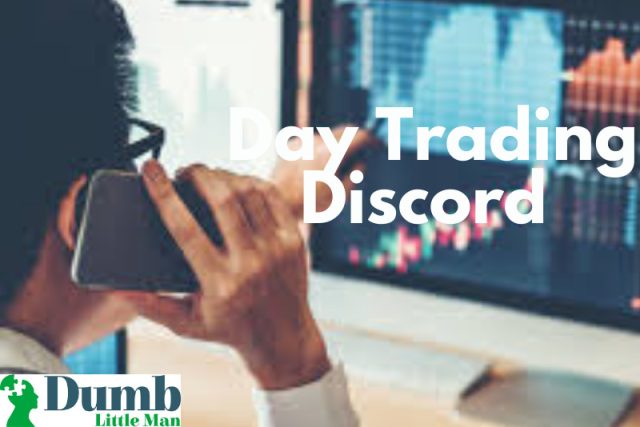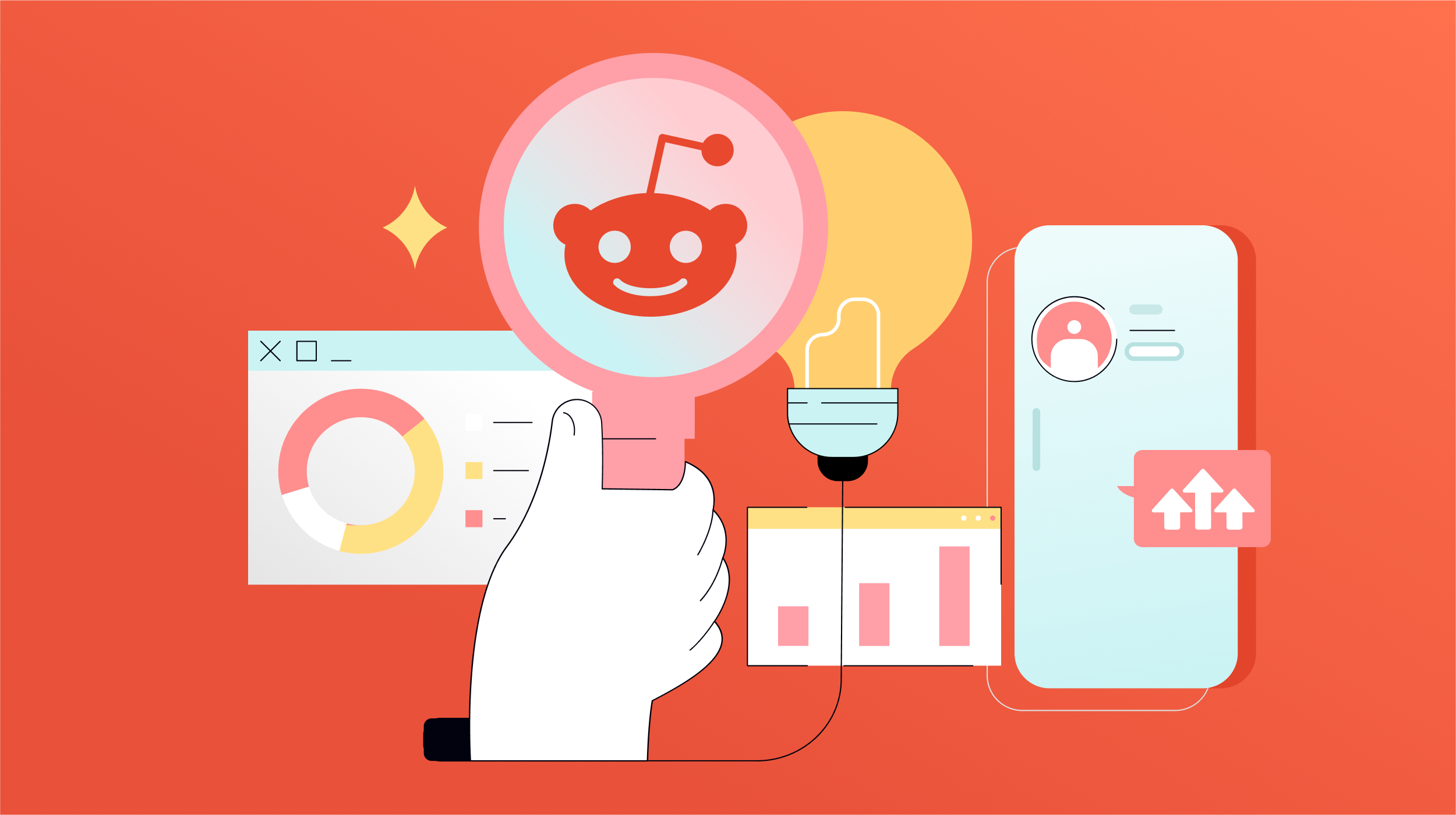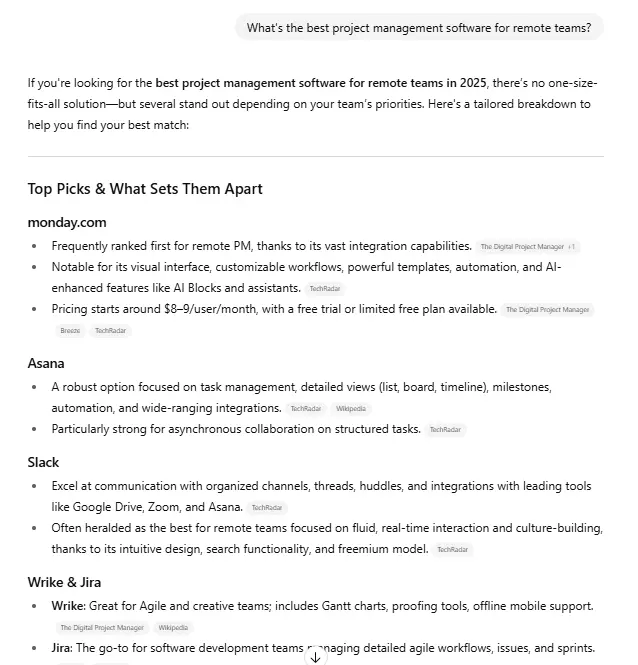Shrooms Are Taking Over The Social Scene — But Not In The Way You Think
Social shrooms have entered the chat.

May 2, 2023 Our editors have independently chosen the products listed on this page. If you purchase something mentioned in this article, we may About a month ago I attended an event for Alice, a mushroom chocolate and lifestyle brand. I took no more than twelve steps into the space before I was greeted with a tray of scattered chocolates, offered by a waitress with a knowing smile. Are these… psychoactive? I wondered as I examined a square. I watched as other party-goers popped the refreshments into their mouths and chatted breezily among the room—then I dove head-first down the rabbit hole. No, this is not an article recapping my experience with psychedelics. (Though wouldn’t that be something?) Soon after indulging, I learned about the adaptogenic, non-psychoactive perks of those mushroom chocolates: not a trip but a subtle “social buzz” with an energizing boost of clarity and mood support. You could take a bite whenever you craved a jolt of energy during a busy workday; you could also bring them with you to social gatherings as a party treat. 
Advertisement
This ad is displayed using third party content and we do not control its accessibility features.
It’s the latter idea I’m most intrigued by: “Social shrooms” have inspired the next wave of sober curiosity, and they do have the ability to alter your mind—just, you know, not in the way you think. What are social shrooms?
By “social shrooms,” I’m simply referring to adaptogenic mushrooms used to enhance social settings. Of course, these mushrooms have been used for centuries in a variety of cultures for their powerful health benefits: Lion’s mane mushrooms have been studied for their potential neuroprotective benefits1; cordyceps can help people increase their levels of energy and endurance2; reishi is known to promote blood sugar balance thanks to its ability to down-regulate alpha-glucosidase3, the enzyme responsible for breaking down starches into sugars; Chaga mushrooms have immune-supporting effects4; and so on.
These properties are important to discuss (and we have many times!), but their “social” aspects are becoming an increasingly compelling point in the conversation.
“Many mushrooms have what we call ‘Shen calming’ effects, meaning that they can help to calm the mind and support relaxation,” says Katherine Altneu, LAc, licensed acupuncturist, herbalist, and traditional Chinese medicine expert. Take reishi, for example, which is known in Eastern medicine for calming the spirit, reducing fidgety emotions, and increasing a sense of tranquility. “It's easy to see how an enhanced sense of calm and ease can grease the wheels for a better social experience,” Altneu adds.
Lion’s mane has a bit of a different effect, as it’s known more for its brain-stimulating benefits. The Nerve Growth Factors (NGFs)5 found in this mushroom have been shown to actually regenerate and protect brain tissue—think of it as more of a “brain boost” than a feeling of calm. That’s why you’ll find this variety in Alice’s (aptly named) Brainstorm chocolates, as well as Little Saints new St. Mezcal. “We put the highest dose of Lion’s Mane [100 milligrams] in it, because we wanted it to be effective in that brain-boosting, brain-stimulating way,” says Megan Klein, founder and CEO of Little Saints.
Cordyceps can be a similar upper, as it activates your energy levels. “Not only does it give you more energy, but in Eastern medicine we also say it helps strengthen the lungs,” adds Debbie Kung, DAOM, LAc, board-certified doctor of traditional Chinese medicine and licensed acupuncturist and herbalist. “And the lungs in Eastern medicine have everything to do with literally giving you life—taking that breath and turning it into Qi, what we know as the energy life force.” So cordyceps can make you feel more vibrant, energetic, and full of life—all good things in a social setting, no?
How they appear in social circles
Here’s the thing about adaptogens: The best results come from long-term use, and you can’t expect a life-changing transformation from a single serving. (We also always recommend speaking with a health professional before adding any functional herbs to your routine.) However, depending on the potency of the product and your own personal stress levels, it is possible to feel a noticeable “buzz.”
Namely, if you are stressed or anxious, you’ll likely feel it the most; whereas if you’re already very engaged in a social setting, you may not notice much of a difference. That’s the sole purpose of adaptogens, after all—they help you better adapt to your surroundings and restore balance. Many social shroom products also contain other nootropics (such as kanna, caffeine, and guarana), which may offer more of an immediate effect.
And yes, you could totally consume these functional mushrooms in capsule, tincture, or powder form, but the delivery does enhance the social experience. “You're not going to bring some powder and a frother to mix into oat milk at a party,” says Charlotte Cruze, co-founder of Alice. But you could easily break off a square of chocolate or sip on a smoky, mezcal-inspired mocktail (mezcal is certainly associated with community and ritual in many Mexican cultures). “It’s something delicious that's shareable, that you want to bring to a party and gives you that ritual,” Cruze adds.
The move towards sober curiosity also likely has something to do with it—previous Google research shows “drinking in general decline” among Gen Z. And as more and more non-alcoholic beverages emerge on the scene, brands continue to innovate with sophisticated, sensory blends.
“I think people want to feel better,” says Klein regarding the shift towards non-alcoholic spirits. “They're over disassociating. They want to feel more connected post-pandemic and just in general. And that's what [functional] mushrooms do: They turn your brain on and help us connect to other people in a way that alcohol just doesn't.”
Kung agrees: “It’s a little bit of a boost. You know, nothing too intense where we're out of control. Something we can actually function on,” she notes. According to Altneu, many people are feeling more isolated than ever, and “our hearts crave for more real connection.” So it makes sense that folks want to engage in rituals that help them stay present and open to receiving wisdom, thus enhancing their social bonds.
And if those rituals can simultaneously support immunity, brain health, and energy levels over time, that's certainly a bonus. It's no wonder folks are becoming curiouser and curiouser.
Advertisement
This ad is displayed using third party content and we do not control its accessibility features.

 Konoly
Konoly 

































